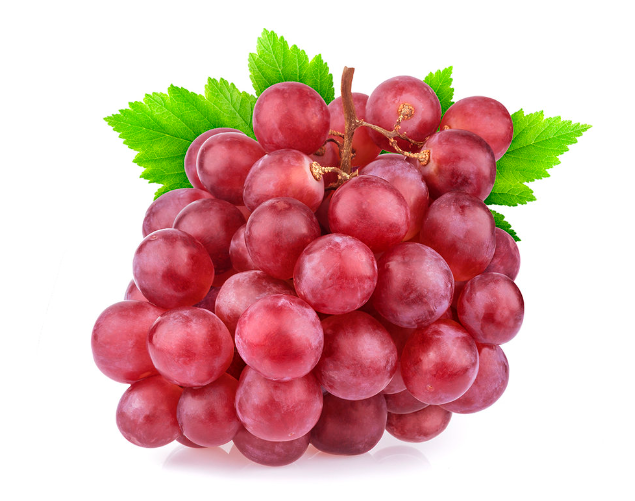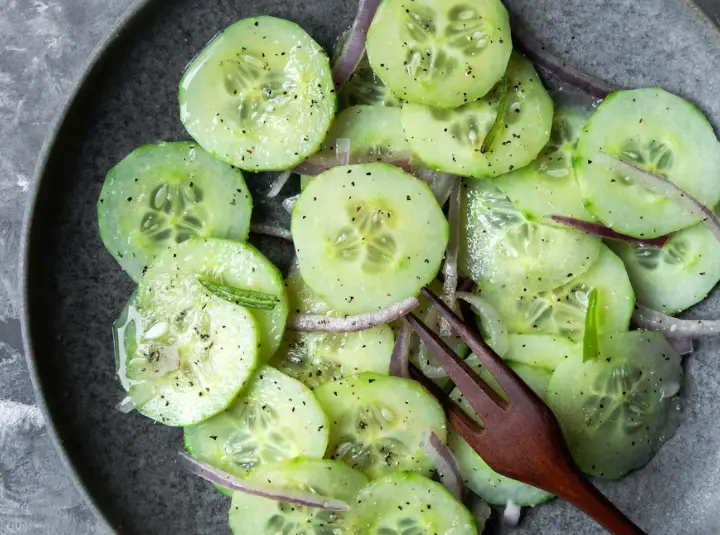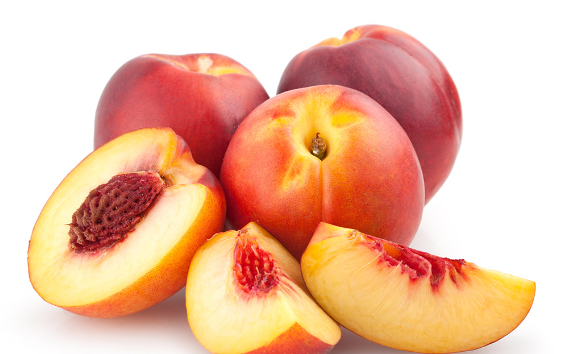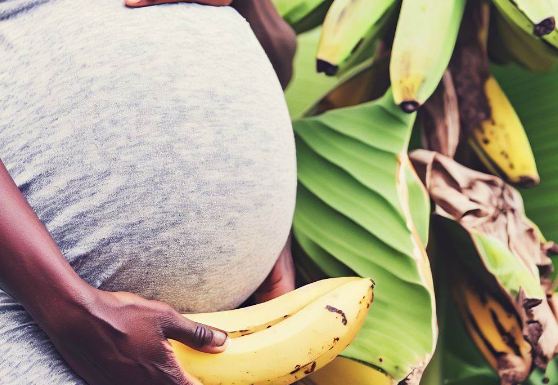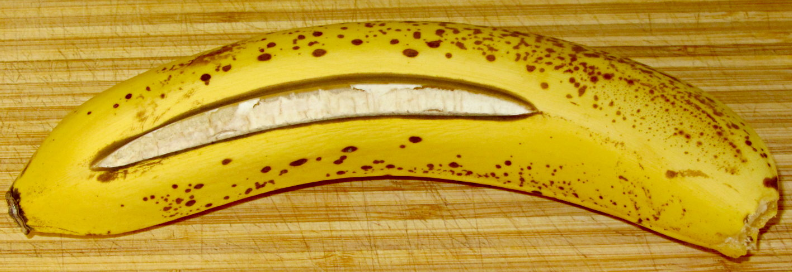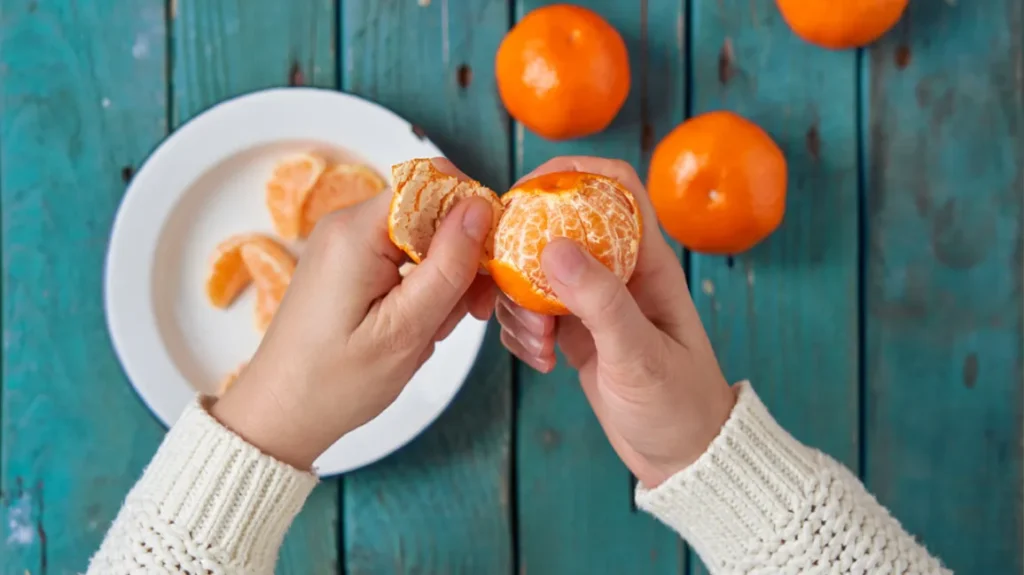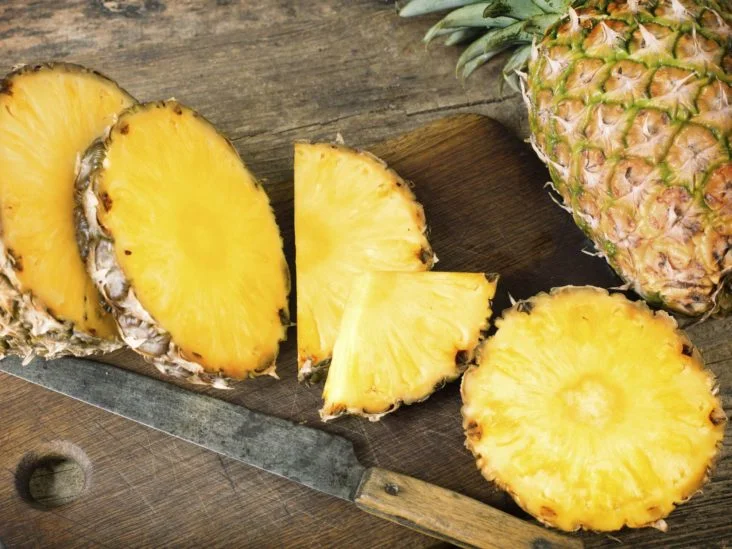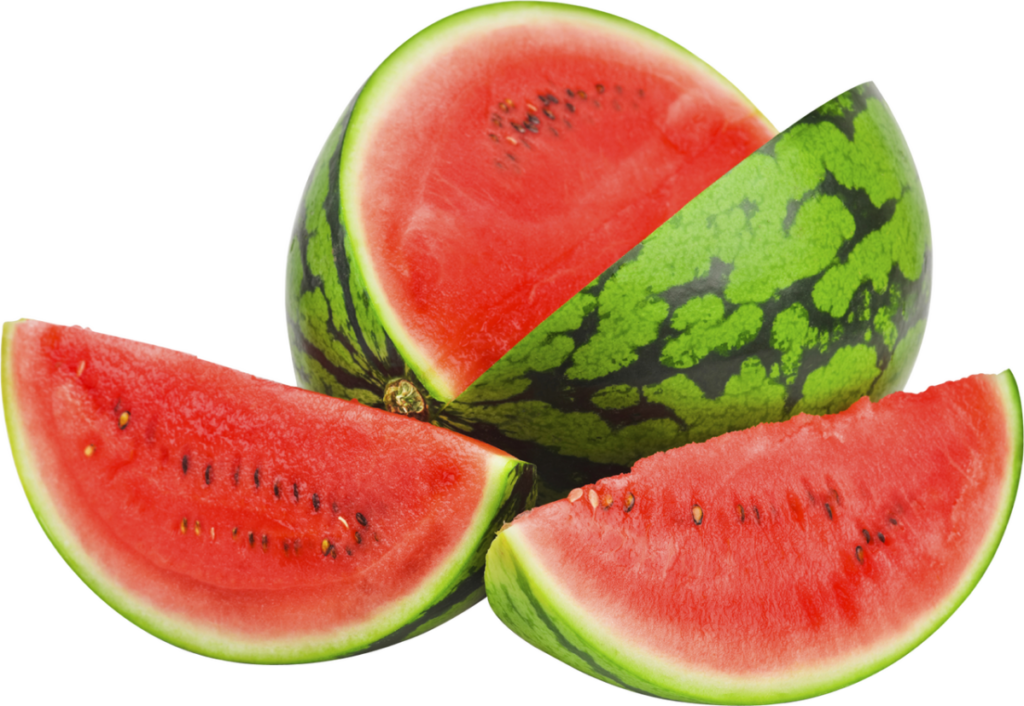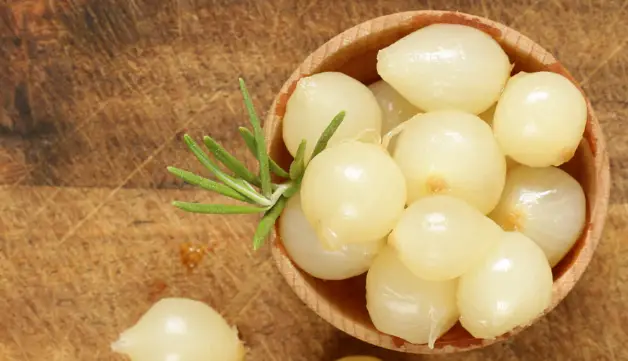Many people see watermelon leaves in gardens but may not know if they can eat them. It’s interesting that these leaves are not only safe to eat but also good for you. They have been part of diets and medicines for a long time in different parts of the world. This article talks about the benefits of eating watermelon leaves and how you can cook them.
Watermelon leaves (Citrullus lanatus), which are sometimes called lobed foliage, feel rough and can get very big. Often, they have between three to seven parts, or lobes, with sharp ends. They can grow to 20 cm long and 15 cm wide and they are attached to the stem one by one.
These leaves are important for the plant. They help it turn sunlight into energy (photosynthesis) and release water (transpiration). People have also used them in traditional medicine because they help get rid of extra water in the body and reduce swelling.
Table of Contents
- Are Watermelon Leaves Edible?
- Nutritional Benefits of Eating Watermelon Leaves
- Health Benefits Of Eating Watermelon Leaves
- Preparation and Consumption Tips
- How to Prepare Watermelon Leaves for Eating
- How to Add Watermelon Leaves to Your Meals
- Important Considerations When Eating Watermelon Leaves
- Final Thoughts
Are Watermelon Leaves Edible?
Yes, you can eat watermelon leaves. They have been added to food in different cultures. The young and soft leaves can be cooked and enjoyed in ways like how you might use spinach. You can sauté them, stir-fry them, or boil them in different dishes.
But, remember that not all types of watermelon leaves are good to eat; some have bad chemicals called cucurbitacins that can make you sick if you eat too much. So, you need to make sure you have the right kind of watermelon leaves and cook them the right way before eating them.
Nutritional Benefits of Eating Watermelon Leaves
Watermelon leaves have lots of good things for your body if you don’t eat too much at once. Here’s what makes them so good:
- Vitamins: They are full of vitamins A and C. These help keep your skin and eyes healthy and help your body fight off sicknesses.
- Minerals: The leaves have minerals like potassium, which helps control blood pressure and keeps your heart healthy, and calcium for strong bones and teeth.
- Antioxidants: Antioxidants in the leaves can protect your cells from damage and lower the chance of diseases like cancer or heart problems.
- Diuretic properties: They can make you pee more to get rid of extra water in your body, which helps people with kidney problems or who hold onto too much water.
- Anti-inflammatory properties: Some studies show these leaves may help with swelling and can be good for conditions like arthritis or bowel problems.
By adding watermelon leaves to your meals carefully, you can get important vitamins, minerals, and other health benefits that will help you live a healthier life.
Health Benefits Of Eating Watermelon Leaves
There are many other health perks you get from eating watermelon leaves:
- Improves digestion – These leaves can gently help your body to digest food. Steaming or boiling them for a short time before you eat them is the best way to prepare them. You can also put these cooked leaves in soups or make tea from them.
- Helps with constipation – Because they help with digestion, the leaves can also make it easier to go to the bathroom if you’re constipated. Drinking boiled watermelon leaf tea regularly should help in a day or so.
- Loaded with antioxidants – The leaves have lots of antioxidants that fight damaging particles in your body, which might help prevent diseases like cancer, heart disease, and Alzheimer’s.
- Strengthens your immune system – Certain parts of the leaves can make your body better at stopping colds, flu, and other infections.
- Reduces inflammation – Chemicals in the leaves called flavonoids can help with swelling, pain, and even problems like sunburns or bug bites.
Incorporating watermelon leaves into your diet can have many healthy benefits. But be sure you’re choosing safe leaves and eating them correctly.
Preparation and Consumption Tips
Be careful when you’re getting ready to eat watermelon leaves:
- Get the right type: Watch out for types of watermelon that might have harmful cucurbitacins. Pick leaves that are known to be good to eat.
- Wash them well: Clean the leaves with cold water to take off any dirt before you cook them.
- Cook them right: Proper cooking can get rid of anything that shouldn’t be eaten. Boiling, sautéing, or stir-frying are all good ways to cook them.
- Don’t eat too many: Although they’re good for you, eating a lot of leaves can cause issues like stomach upset. Eat them in small amounts.
How to Prepare Watermelon Leaves for Eating
Here’s how to make watermelon leaves ready to eat:
- Pick the young, soft leaves because they taste better and are less bitter.
- Clean them well under cold water to get rid of any dirt.
- Chop them into little pieces to make cooking and eating easier.
- Boil, sauté, or stir-fry them with a little oil until they’re soft.
- Add salt, pepper, or other spices you like for extra flavor.
If you follow these easy steps, you can make tasty and healthy watermelon leaves to eat with any meal.
How to Add Watermelon Leaves to Your Meals
Want to try watermelon leaves with your meals? Here are some ways you can do it:
- Salad: Make a vibrant salad using watermelon leaves, then add your favorite veggies, some fruit, nuts, and seeds on top.
- Stir-fry: You can mix watermelon leaves that have been cut up with other veggies and your choice of protein, such as tofu or chicken, in a tasty stir-fry.
- Soup: Throw boiled watermelon leaves into soups and stews for a boost of flavor.
- Side dish: Watermelon leaves can be quickly sautéed and served as a delicious and healthy side for your main courses.
- Smoothie: Young watermelon leaves can also be tossed into fruity smoothies, giving you more vitamins and minerals.
Important Considerations When Eating Watermelon Leaves
Keep these tips in mind:
- Toxicity: It’s important to choose the right kind of watermelon leaves because some have cucurbitacins, which are harmful if you eat too much. Make sure to prepare them correctly.
- Allergies: Just like any other food, some people might be allergic to watermelon leaves. If you start to itch, get hives, or have trouble breathing after eating them, you should see a doctor right away.
- Medication Interactions: If you’re taking medicine for blood pressure or diabetes, you should talk to a doctor before eating watermelon leaves because they might not work well together.
- Digestive Problems: Eating too many watermelon leaves might upset your stomach or give you diarrhea. Cooking the leaves well can help stop this.
- Pesticides: Watermelon leaves, like other plants, might have pesticides on them if they aren’t grown organically. Be sure to wash them good before you eat them to lower the risk.
Watermelon leaves are full of nutrients and are safe to eat when you don’t overdo it. Just make sure to be careful when you’re getting them ready to eat.
Final Thoughts
Watermelon leaves can be eaten and are actually quite good for you, but remember, moderation is key. They are full of nutrients and can be a tasty addition to your meals.
Still, it’s important to pick the right leaves, wash them well, cook them right, and not eat too much at once. If you keep these things in mind, you can safely include watermelon navels in a well-rounded, healthy diet.
